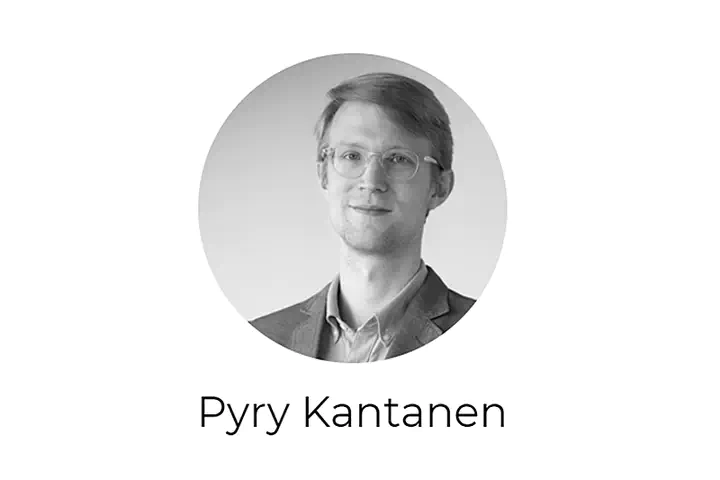Comparing Data to Oil is a Cliché: Crude Oil Has to Go Through a Number of Steps and Pipes Before it Becomes Useful
Introducing Our Developers
 Pyry Kantanen
Pyry KantanenAs a developer at rOpenGov, and as an economic sociologist, what type of data do you usually use in your work?
Generally speaking, people’s access to (or inequalities in accessing) different types of resources and their ability in transforming these resources to other types of resources is what interests me. The data I usually work with is the kind of data that is actually nicely covered by existing rOpenGov tools: data about population demographics and administrative units from Statistics Finland, statistical information on welfare and health from Sotkanet and also data from Eurostat. Aside from these a lot of information is of course data from surveys and texts scraped from the internet.
 in a modern application with a user-friendly service and a modern data API.](/img/partners/rOpenGov-intro.png)
In your ideal data world, what would be the ultimate dataset, or datasets that you would like to see in the Music Data Observatory?
Late spring and early summer time is, at least for me, defined by the Eurovision Song Contest. Every year watching the contest makes me ponder the state of the music industry in my home country Finland as well as in Europe. Was the song produced by homegrown talent or was it imported? Was it better received by the professional jury or the public? How well does the domestic appeal of an artist translate to the international stage? Many interesting phenomena are difficult to quantify in a meaningful way and writing a catchy song with international appeal is probably more an art than a science. Nevertheless that should not deter us from trying as music, too, is bound by certain rules and regularities that can be researched.
 experimental App does this exactly, and we would love to create Eurovision musicology datasets. Photo: Eurovision Song Contest 2021 press photo by Jordy Brada](/img/developers/eurovision_2021.jpg)
Why did you decide to join the EU Datathon challenge team and why do you think that this would be a game changer for researchers and policymakers?
The challenge has, in my opinion, great potential in leading by example when it comes to open data access and reproducible research. Comparing data to oil is a common phrase but fitting in the sense that crude oil has to go through a number of steps and pipes before it becomes useful. Most users and especially policymakers appreciate ease-of-use of the finished product, but the quality of the product and the process must also be guaranteed somehow. Openness and peer-review practices are the best guarantors in the field of data, just as industrial standards and regulations are in the oil industry.

Join us
Join our open collaboration Economy Data Observatory team as a data curator, developer or business developer. More interested in environmental impact analysis? Try our Green Deal Data Observatory team! Or your interest lies more in data governance, trustworthy AI and other digital market problems? Check out our Digital Music Observatory team!